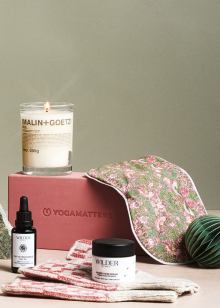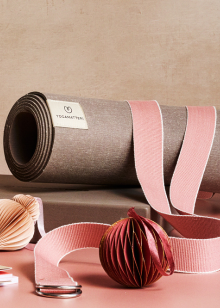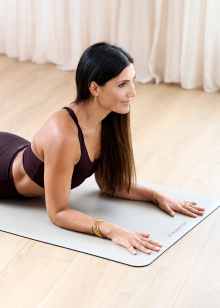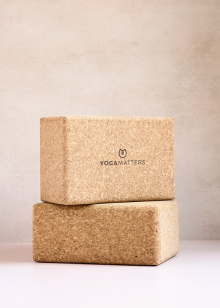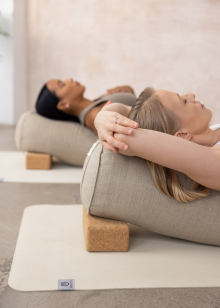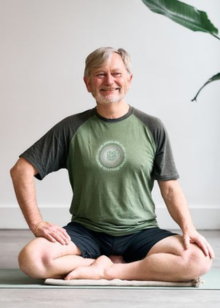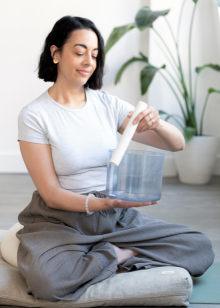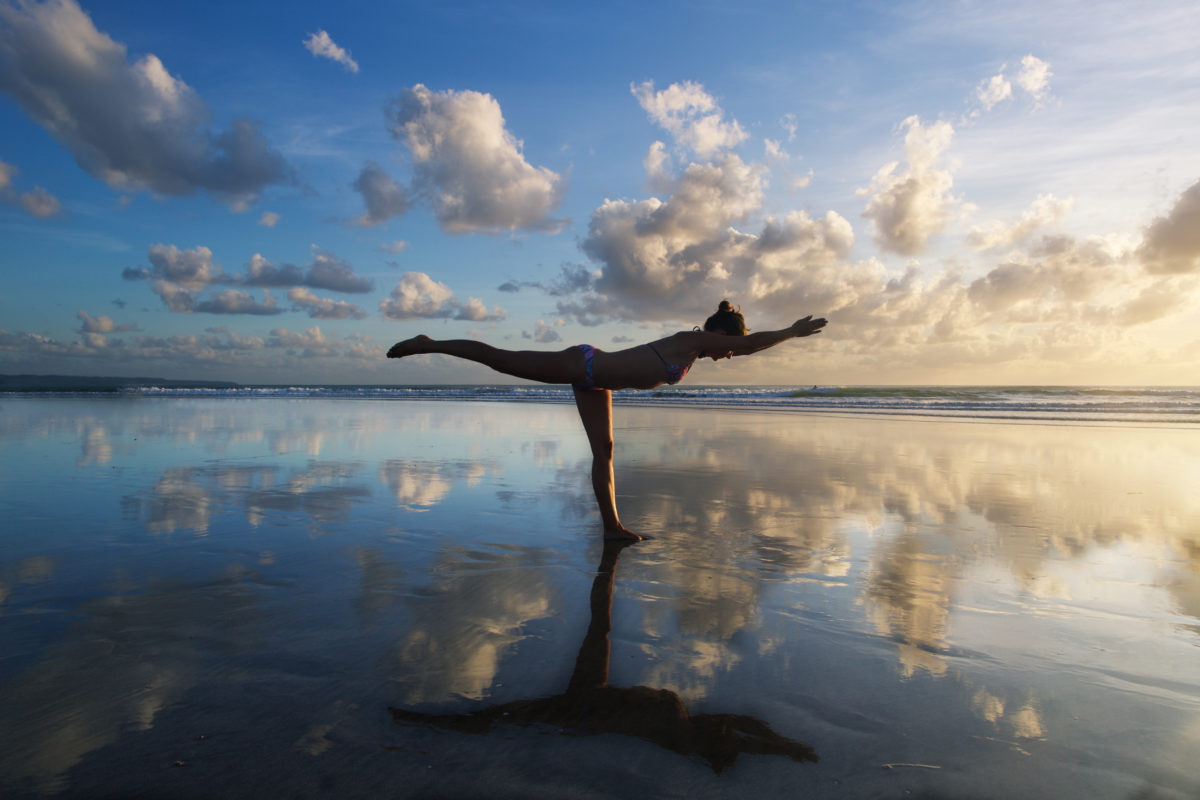As we all know, there are numerous benefits to cultivating a yoga practice. In this article, I thought I would explore how yoga can help mental health, as a lot of focus was given to this recently because of Mental Health awareness week.
Yoga not only provides a number of physical benefits as experienced in exercise, but it is also a natural anti-depressant remedy that can help boost mental health. I believe that this is achieved through the self-awareness aspect of the practice. Many of the practices found within yoga are used to help people who battle with anxiety and depression. This could explain why so many individuals turn to yoga.
This was further backed up by a study highlighted in the Daily Mail, stating that, according to one of the largest studies to investigate the links between exercise and mental health disorders, over 50% of sufferers with depression saw their symptoms improve with weekly yoga classes.
As stress is often a big factor in depression, a part of yoga’s effectiveness derives from its proven ability to allow the release of tension and lowering of cortisol levels. For the body to relax at its cellular level, a shift is needed to be made to create a state of deep rest and calm. Only mind-body practices like yoga, where the emphasis is on deep, restful breathing, allow this. Learning how to breathe more deeply and cultivating breath control: these simple things have an effect on your mental state.
In addition, yoga teaches you the art of self-study, whether it’s your mental or physical state, which can also help you find clarity in other parts of your life — your relationships, your work, your ability to set aside time for yourself. It uses relaxation, breathing and postures to bring about an environment of inner bending and stretching (as well as outer).
For example, meditation or just making myself ‘bored’ for 10 minutes allows me to connect to my thoughts and where appropriate, allows me to alter my thinking, resulting in my feeling settled from within coming back to my innate wisdom.
For me, yoga is a form of moving meditation that then helps me to stay in the moment, as it demands and hopefully gets my full and undivided attention. So not only is my body becoming more flexible, but so is my mind. The practice helps me to get in my head to connect with what is going on, connecting to my own inner counsellor. Several years ago, yoga began to have a major impact in my life, allowing me to see that I was not entirely happy and what changes I needed to make.
Having a regular yoga practice can help you to stay calm and relaxed in your daily life, giving you the strength to deal with the everyday challenges of life without becoming stressed or anxious. With yoga, you get a complete package of self-care: breath control, meditation, asana and yoga philosophy, which can all help the recovery from anxiety. Although, as we all soon find out, it’s not a quick fix and does take time.
Yoga is not a panacea but it certainly has a fundamental and profound effect on health and fitness, both mental and physical. I strongly advise that medical advice is sought where necessary.
Anyone can benefit from yoga. There are many who will agree that you don’t have to be in a state of despair to benefit mentally from yoga. We all have to take care of our sense of wellbeing – both physical and mental.
“Yoga helped me overcome some of my anxiety issues as it allowed me to be present in the moment and worry about my alignment instead of what everybody else was thinking. At the end of a class you have a sense of achievement after your hard work on the mat and a feeling of serenity that continues off the mat. Practising regularly has improved my sleeping patterns which in turn has also helped my anxiety.” Dawn W.
“Yoga has played a part in my recovery journey from addiction to recovery restoring inner balance.” Georgina F.
Here are some initial poses to help you deal with stress and anxiety:
Child’s Pose
What it does: Relieves stress and fatigue as it stretches the lower back and hips
Downward-Facing Dog Pose
What it does: Reduces fatigue and focuses the mind as it strengthens and stretches most of the body.
Warrior I Pose
What it does: Eases stress and anxiety as it strengthens the legs and core
Savasana
What it does: Relaxes
